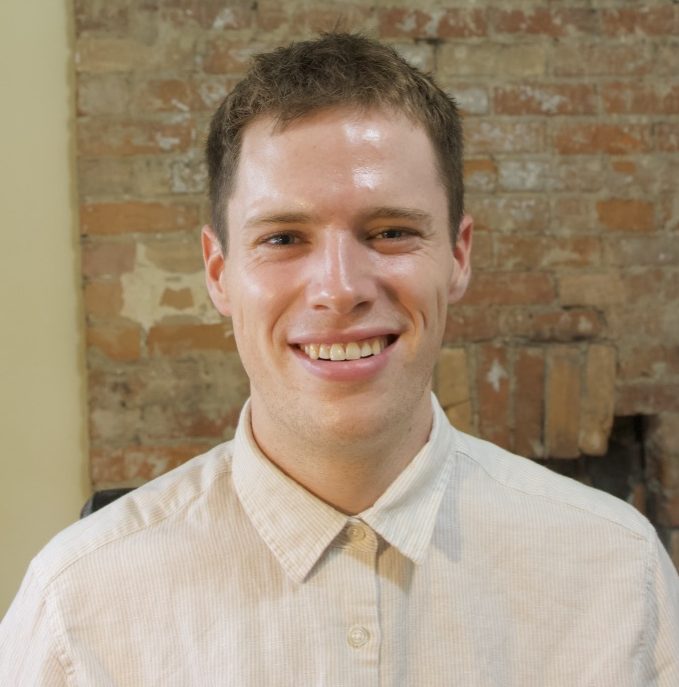October 20, 2021
My current philosophy of teaching is based on my own experiences in school, my experiences teaching, working with and volunteering with students, and what I have learned so far in my Bachelor of Education. My teaching philosophy can be defined by what I teach and how I teach. I want to teach content that reflects the diverse makeup of Canadian students and respond to the culture that we live in. This means including perspectives and materials from groups including, but not limited to, BIPOC, LGBTQ2S people, women, the working-class, and newcomers. My purpose is to teach students perspectives outside the dominant culture and engage marginalized students by including them in what I teach. I want to teach through active participation, groupwork and discussion to increase engagement in my classroom, and I want to create a warm classroom environment where all students are comfortable and safe. I will explain my philosophy more in depth by describing my classroom by what you would see, learn, know, do, and feel.
In my classroom, you would see literature and narratives that represent oppressed voices in Canada. Our resources would disrupt the cultural hegemony by including work and narratives from women, non-binary people, BIPOC, newcomers, the working-class, and LGBTQ2S people. My interest in oppressed voices is shaped by Paulo Freire’s Pedagogy of the Oppressed. The oppressed struggle for their liberation and teachers can acquire critical awareness to show solidarity and engage in allyship. Exposing students to work from outside of the cultural hegemony will teach them critical awareness and provide oppressed students with an education that represents them. I value representation and consider it essential for engaging students.
In my classroom, you would learn through speaking, listening, and problem-solving with your peers in a highly social setting. I am influenced by John Dewey’s educational philosophies. Dewey viewed the classroom as a social entity and believed that schools should be representative of real-life situations. Like Dewey, I want to allow students to learn flexibly in social settings. There is a need for classroom discussion where students can express themselves freely and construct their own knowledge by finding personal meaning. In my classroom, students would learn through interaction, rather than teacher-imposed knowledge and highly structured work.
In my classroom, you would know by learning formal knowledge and skills that allow you to think about and discuss abstract concepts of existence, and psychological/cultural insights. The shift toward standardized education has led to a focus mostly on what are believed to be practical skills that will drive our economy. However, knowledge that is useful for students to become employable is not independent from ethical, psychological, social, civic, cultural, and philosophical knowledge, but rather dependent. Both types of knowledge will be integrated into my classroom to ensure that students become prepared for their careers while developing as thoughtful citizens, community members, and human beings.
In my classroom, you would actively participate in class and complete group work that emphasizes learning through collaboration with your peers, rather than strict guidelines and expectations. I am fascinated by the Montessori model of schools, particularly how students are expected to use materials freely while receiving guidance from their teacher. This allows students to learn from their work and their mistakes, with less intervention.
The fundamental basis of my philosophy begins with how students feel. In my classroom, you would feel like a member of a close-knit community where every student is valued and respected. I believe in the Responsive Classroom model, based on Dewey’s theories. The purpose of the Responsive Classroom is to allow students to thrive socially and academically. There are four intentions outlined in this model, but the most important one for my philosophy is to create a warm climate and tone in the classroom. My purpose is to make the classroom a collaborative space where students communicate, discuss, and learn together. To ensure the effectiveness of my methods, all students must be comfortable, welcome, safe, and valued.
My knowledge will continue to grow as I further my education and gain more experience as a working teacher. In my education and my career, I will continually learn, grow, and improve. However, what I have described in this statement will remain at the core of my teaching philosophy. I will always strive to create a warm and welcoming classroom environment; I will continually search for perspectives that provide representation to marginalized and oppressed students; and I will always value participation, groupwork and discussion.
